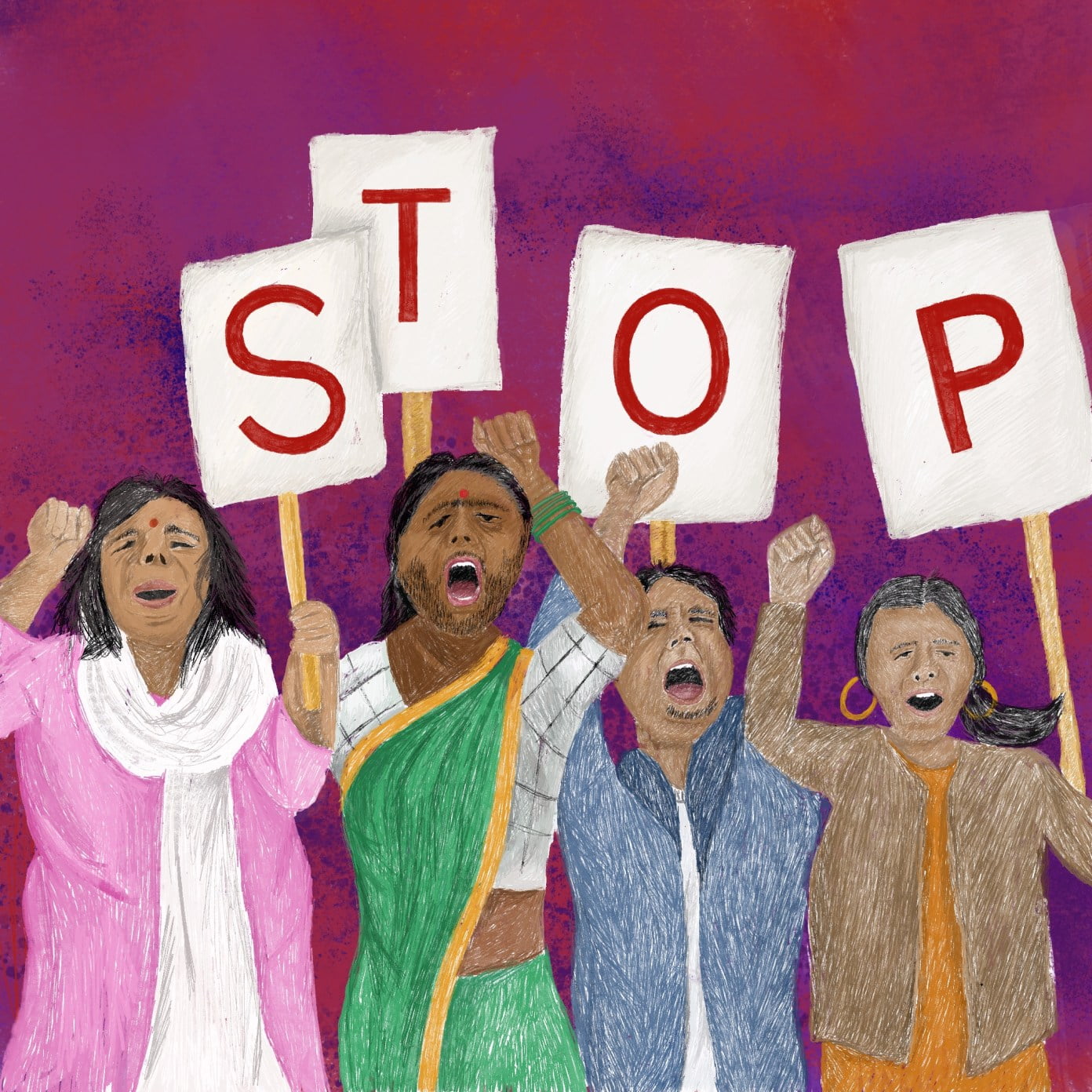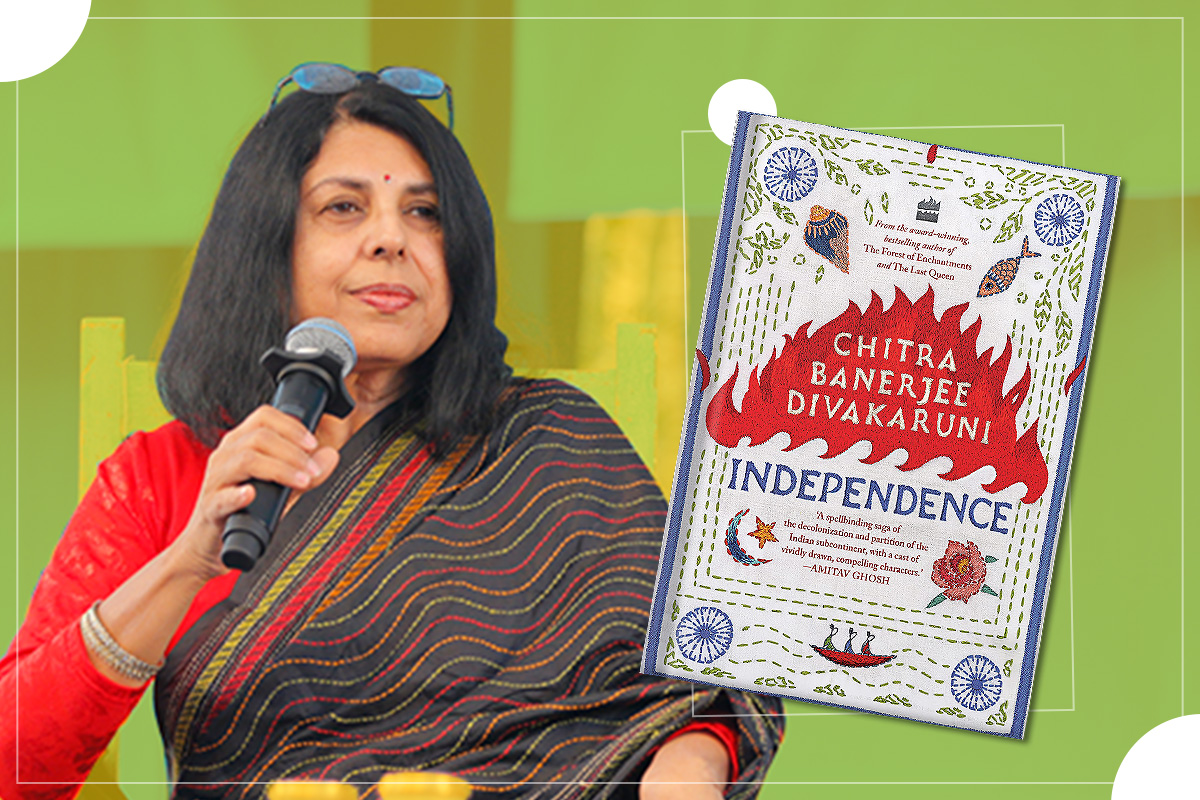‘Rather than waiting for the audience to be sensitive , theatre can be used as a tool to sensitise the audiences,’ said Professor (Dr.) Ramesh C. Gaur, a former Director of National School of Drama, on the plight of sex workers in India. Theatre, one of the powerful medium of communication too has loosely dealt with the concern of sex work.
Theatre, one of the powerful medium of communication too has loosely dealt with the concern of sex work.
Theatre and sex work, both are age old professions. The stark difference being the former is liberating and the later can often curb the freedom of individuals who are predominantly women.
Educating the theatre actors and making them sensitive
‘While I was at the National School of Drama, they took us to GB road. Back then I wasn’t even aware about the meaning of red light area,‘ said Raju Roy while trying to recall his visit to GB road. He is an alumnus of National School of Drama, a pass out of the 2012 batch. He along with his batchmates were taken for education purposes. He said, ‘Artist ko har tarike ki hulchul ka pata hona chahiye‘ (An artist should know about all kinds of changes).

He said, if given a chance he would like to do a play where children of sex workers are mixed with other children, ‘ek hi manch pe, ek hi light pe‘ (On one stage, under same light). He said just because someone’s parent is into sex work doesn’t mean their kids should be stigmatised.
The need to change the stories told through theatre
Santanu Bose, a renowned Indian theatre director who is associated with National School of Drama said, ‘Chanakya’s Arthashashtra keep both performers of art and sex workers in the same category in the sense that both drive a Grihastha outside its home. Hence, both were given a place outside the village. So the history dates back centuries.‘ On why the theme hasn’t been actively dealt with in plays, he said, ‘Should sex workers’ lives be performed by someone who isn’t a sex worker ? While performing lives of sex workers, does the play becomes a commodity? Should male performers act as sex workers in theatre? are some ethical questions that still remain unanswered.‘
Theatre gives a close space to explore personal lives of characters within a limited audience, hence a sensitive issue like this can be best addressed in theatre. Sex work is a private act and theatre is meant for public consumption. Bose, mentioned ‘Is the use of emotions experienced by women sex workers in public a display of their private life?‘ The theatre can explore the theme of law and order since sex work is partly legalised and largely not.
The theatre can explore the theme of law and order since sex work is partly legalised and largely not.
The body and it’s rights and duties change in different context like in the military or in religious place. ‘Simimarly, in performing arts it’s used differently,‘ informed Santanu while highlighting the use of the theme of the body in sex work.
Missing tales
Prenna (23), a student of Asmita theatre said ‘Stories of famous Pakistani playwright, Saadat Hasan Manto like ‘Kali Salwar”, “Hatak”, “Sahay” have been played in theatre.‘ She can’t recall any remarkable play written by an Indian playwright. Mohit Bansal (20), another student of theatre who hails from Rajasthan and has interest in writing plays, expressed his wish to write a play on the ‘the lives of ageing sex workers‘.
He said their life is even miserable, since they aren’t of any use in the profession and are outcast by the society. They can’t find work anywhere. He also showed concern about the lives of young girls who are pushed by their parents in the profession because they don’t have money to teach them. Girls of 13, 14 years of age are pushed into sex work. These girls have not even developed an understanding of what sex is.

Mohit further in the conversation added he wants to write a play on the role played by ‘Dalals‘ (agents) who purchase these girls and even force these women into substance abuse. He said there are layers of themes on this topic that remain unexplored.
Voices of women in sex work in theatre
Prof. (Dr.) Ramesh C. Gaur said ‘a play by sex workers for sex workers called Jhoraphuler Roopkatha that has been conceptualised by Bengali film actor Nigel Akkara and directed by Chiranjib Guha, is a recent work‘. He also mentioned Muskan Theatre Lab, which is a Mumbai-based crowd funded theatre that works with children particularly those of sex workers. In the interview, he showed his disappointment with no new plays being written and the repetition of age old plays with the same theme.
He told, ‘we need good playwrights to write on these topics, those who can show not just the exploitation, but the lives of their children‘ He claims ‘no serious attempts have been made so far by those in good position the world of Indian theatre.‘ On representation of sex work in films he said, ‘Films show with the aim of commercialising it whereas theatre can be used to highlight real issues.’
He mentioned street plays in red light areas can be a good way to impart education.
He mentioned street plays in red light areas can be a good way to impart education. He also briefly talked about theatre as a source of livelihood for those women who are willing to get out of sex work.

On the question whether there will be an audience for such plays he told, ‘Free shows by fund raising from some organisations associated with such causes would help. Such plays in fact attract attention as it drives people away from boredom. They offer something real and new.‘




